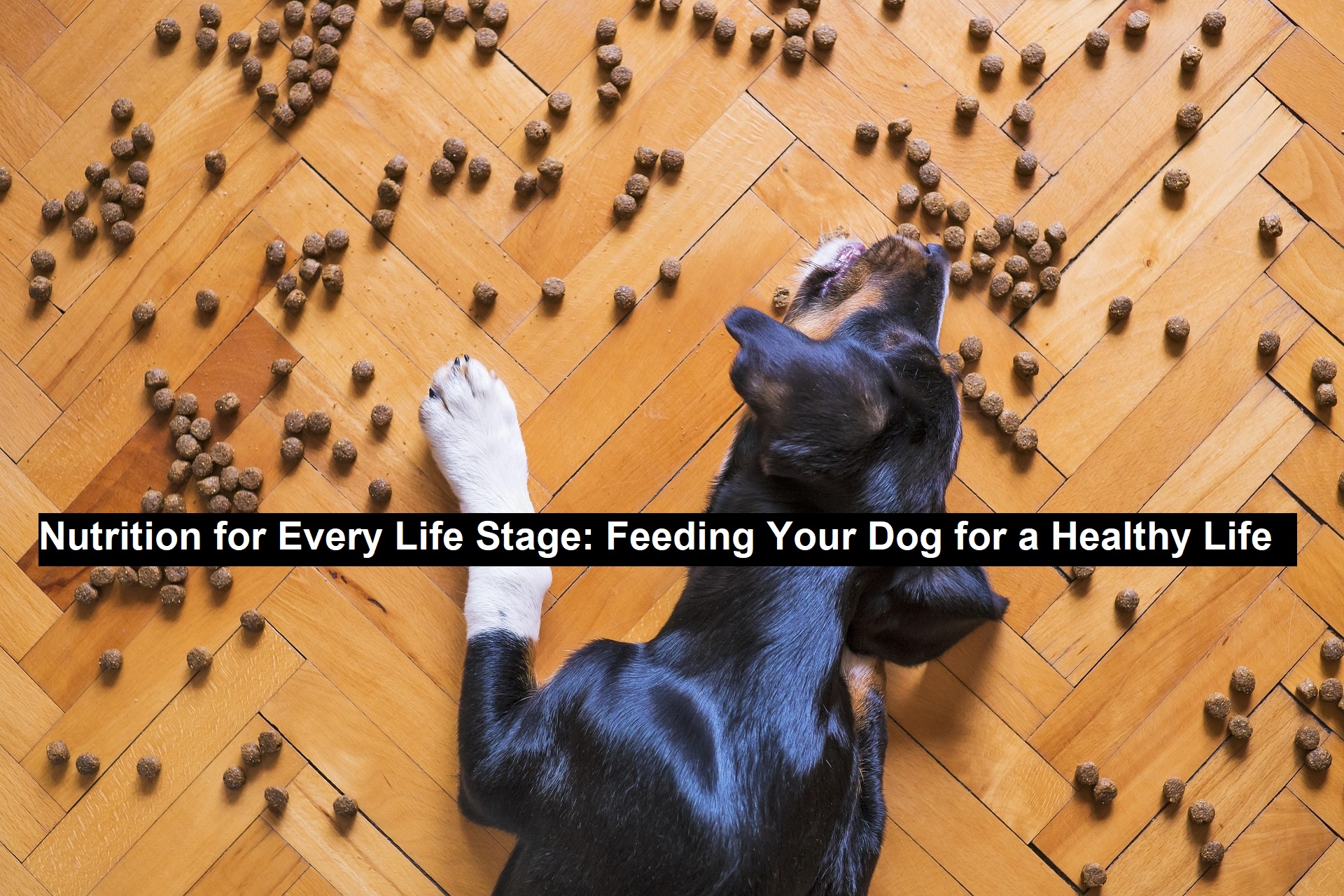Nutrition for Every Life Stage: Feeding Your Dog for a Healthy Life
Proper nutrition is essential for your dog’s health at every stage of life. From puppyhood to senior years, their dietary needs change, requiring adjustments to support growth, energy, and overall well-being.
Puppy Stage
Puppies need a diet rich in protein, fat, and essential nutrients to support rapid growth and development. Look for high-quality puppy food that includes DHA for brain health, calcium for strong bones, and a balanced mix of proteins and fats. Puppies require more frequent meals, typically three to four times a day.
Read: Grooming with Glee: Teaching Children the ABCs of Dog Care
Adult Stage
Once your dog reaches adulthood, usually around 12-18 months (or up to two years for large breeds), their nutritional needs shift to maintenance. Adult dog food should provide balanced proteins, fats, carbohydrates, vitamins, and minerals. The portion size should match their activity level and breed to maintain a healthy weight.
Senior Stage
As dogs age, their metabolism slows down, and they may develop health issues like arthritis or digestive problems. Senior dog food often includes lower calories, joint-supporting ingredients like glucosamine, and easily digestible proteins. Some may also need special diets to manage medical conditions such as kidney disease or obesity.
Providing life-stage-appropriate nutrition ensures your dog stays happy and healthy throughout their life.
Infographic provided by Pet Releaf, a provider of cbd for cats
Always consult your veterinarian for personalized recommendations, and remember that fresh water and a well-balanced diet are key to your dog’s overall well-being.

